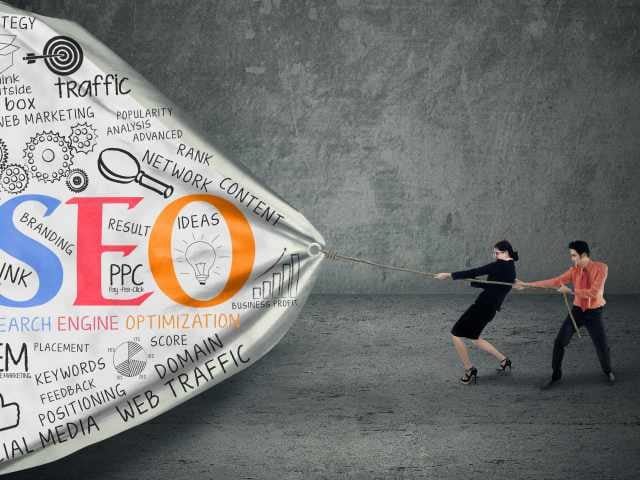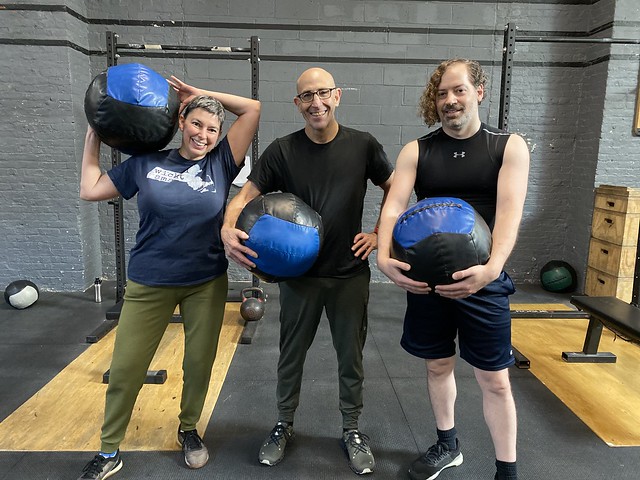The digital marketing landscape is constantly evolving, and one of the most significant advancements in recent years has been the rise of Artificial Intelligence (AI). In 2025, AI has become an integral part of social media marketing, influencing everything from content creation to customer engagement and campaign optimization. As AI technologies continue to evolve, their impact on social media marketing has grown exponentially, reshaping how brands and businesses interact with consumers. In this blog post, we will explore the various ways AI is influencing social media marketing and how businesses can leverage AI to improve their strategies.
1. Enhanced Personalization
Personalization has always been a cornerstone of effective marketing, but AI is taking it to new heights in 2025. With advanced machine learning algorithms, social media platforms can analyze vast amounts of data in real time, including user behavior, preferences, and interactions. This allows brands to create highly personalized content that resonates with individual users on a deeper level.
For instance, AI-powered tools can track users’ interests, browsing history, and social media activity to predict the type of content they are most likely to engage with. As a result, brands can tailor their social media ads, posts, and messaging to each user’s unique preferences, creating a more engaging and relevant experience. This level of personalization helps businesses build stronger relationships with their audience, increase engagement rates, and ultimately drive higher conversion rates.
2. Content Creation and Curation
Creating compelling content is a crucial aspect of any successful social media marketing campaign. However, producing high-quality content consistently can be time-consuming and resource-intensive. This is where AI comes in. In 2025, AI tools are helping marketers generate content more efficiently, whether it’s text, images, videos, or even audio.
AI-powered content creation tools can analyze trending topics, audience preferences, and historical performance data to suggest content ideas that are likely to resonate with the target audience. These tools can also automate the process of generating captions, headlines, and even blog posts, freeing up marketers’ time to focus on other aspects of their campaigns.
Additionally, AI is transforming the way brands curate content. Social media managers can use AI to identify and share relevant user-generated content (UGC) or trending posts, ensuring that the content they share is timely, relevant, and engaging. By leveraging AI for content curation, brands can maintain an active presence on social media without constantly creating new content.
3. Chatbots and Customer Service Automation
One of the most significant ways AI is impacting social media marketing in 2025 is through the use of chatbots and automation tools for customer service. Social media platforms have become important channels for customer support, and businesses are increasingly relying on AI-powered chatbots to handle customer inquiries in real time.
AI-driven chatbots can provide instant responses to common customer questions, troubleshoot issues, and even complete transactions on behalf of customers. These chatbots can be integrated into social media platforms like Facebook Messenger, WhatsApp, or Instagram Direct, enabling businesses to provide 24/7 customer support without the need for human intervention.
The benefits of AI-powered customer service are clear: it reduces response times, improves customer satisfaction, and allows businesses to handle a higher volume of inquiries without additional staff. Furthermore, AI chatbots can collect valuable data on customer preferences and pain points, which can be used to optimize future marketing campaigns.

4. Predictive Analytics and Campaign Optimization
AI is also revolutionizing how businesses measure and optimize their social media marketing efforts. In 2025, AI-powered analytics tools are capable of providing real-time insights into campaign performance, helping marketers make data-driven decisions.
By analyzing data from various social media platforms, AI can identify trends, patterns, and anomalies that may not be immediately apparent to human marketers. This allows businesses to optimize their campaigns in real time, adjusting targeting, messaging, and creative elements to improve results.
Predictive analytics is another area where AI is having a significant impact. By analyzing historical data and user behavior, AI can predict the success of future campaigns and suggest strategies for maximizing ROI. For example, AI can help businesses identify the best times to post, the most effective content formats, and the most likely audiences to engage with their campaigns.
As AI-powered tools become increasingly sophisticated, they are also integrated with services like SMM panel India, which allow businesses to streamline their social media marketing strategies further. These platforms can help businesses manage multiple accounts, schedule posts, track performance, and even automate interactions with followers, making it easier for businesses to maintain an active and engaging online presence. The combination of AI and these platforms allows marketers to scale their social media efforts and optimize their approach based on real-time data.
5. Influencer Marketing
Influencer marketing has become a dominant force in social media marketing, with brands partnering with influencers to promote their products and services to a wider audience. In 2025, AI is making influencer marketing more efficient and effective than ever before.
AI tools can help businesses identify the right influencers for their brand by analyzing factors such as audience demographics, engagement rates, and content relevance. These tools can also assess the potential ROI of an influencer partnership, helping brands make more informed decisions about which influencers to collaborate with.
AI is also streamlining the influencer marketing process by automating tasks such as contract management, content approval, and performance tracking. This allows both brands and influencers to focus more on creative collaboration and less on administrative tasks.
6. Enhanced Ad Targeting and Optimization
AI’s ability to process and analyze large amounts of data has revolutionized the way businesses target and optimize their social media ads. In 2025, AI-powered advertising platforms are enabling marketers to target highly specific audiences with unparalleled precision.
Using machine learning algorithms, social media platforms can identify users who are most likely to be interested in a particular product or service based on their behavior, interests, and demographics. This allows businesses to deliver highly targeted ads that are more likely to result in conversions, reducing wasted ad spend and increasing ROI.
Furthermore, AI can optimize ad performance in real time by adjusting bidding strategies, targeting parameters, and creative elements based on performance data. This level of automation helps businesses maximize the effectiveness of their ad campaigns without constantly monitoring and adjusting settings manually.
7. Ethical Considerations and Challenges
While the benefits of AI in social media marketing are undeniable, there are also ethical considerations that businesses must be aware of. In 2025, concerns about data privacy, algorithmic bias, and the transparency of AI decision-making are more prominent than ever.
As AI tools become more integrated into social media marketing, businesses must ensure they are using these technologies responsibly and transparently. This includes obtaining user consent for data collection, providing clear explanations of how AI algorithms work, and addressing potential biases in AI models.
Furthermore, businesses must be mindful of the potential for AI to create overly automated or impersonal experiences that may alienate their audience. Striking the right balance between automation and human interaction will be key to maintaining authentic and meaningful relationships with customers.
Conclusion
The impact of AI on social media marketing in 2025 is profound, with AI technologies transforming nearly every aspect of the industry. From enhanced personalization and content creation to predictive analytics and influencer marketing, AI is helping businesses optimize their social media strategies and achieve better results. As AI continues to evolve, marketers must stay informed and adapt to the changing landscape to remain competitive in an increasingly AI-driven world.
By leveraging AI responsibly and effectively, businesses can create more personalized, engaging, and efficient social media marketing campaigns that resonate with their audience and drive long-term success. The future of social media marketing is undoubtedly intertwined with the continued advancement of AI, and businesses that embrace these technologies will be well-positioned to thrive in 2025 and beyond.





